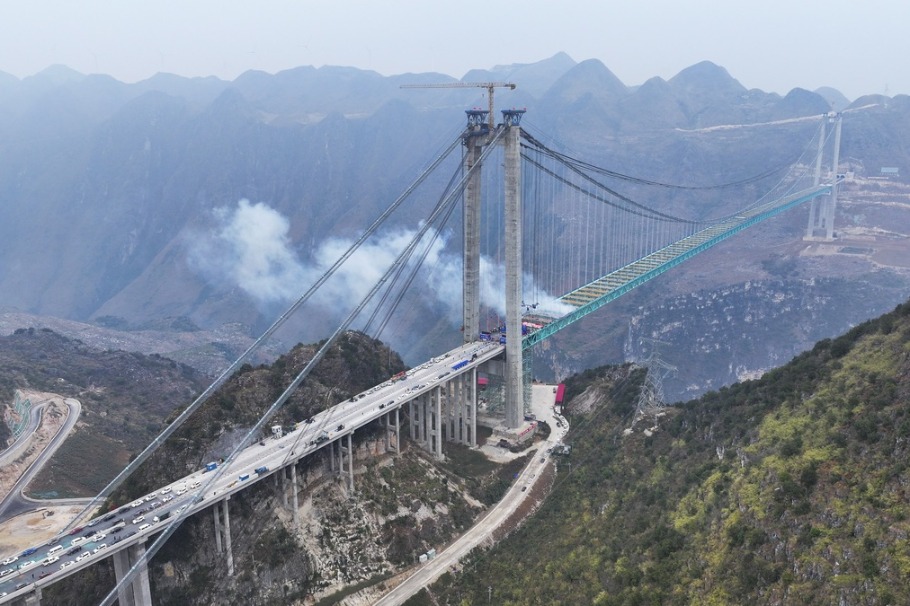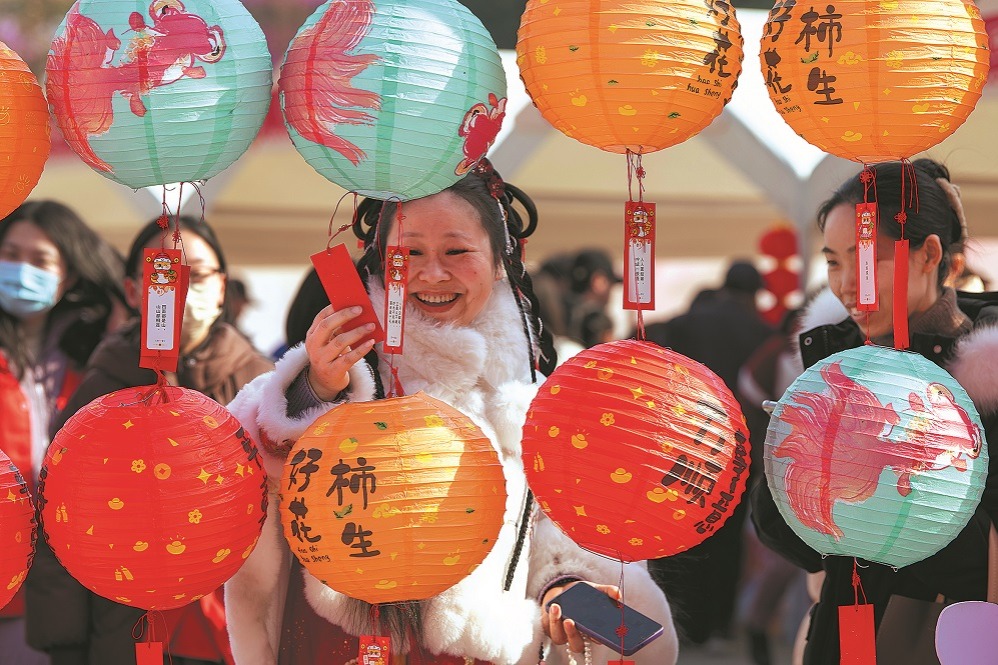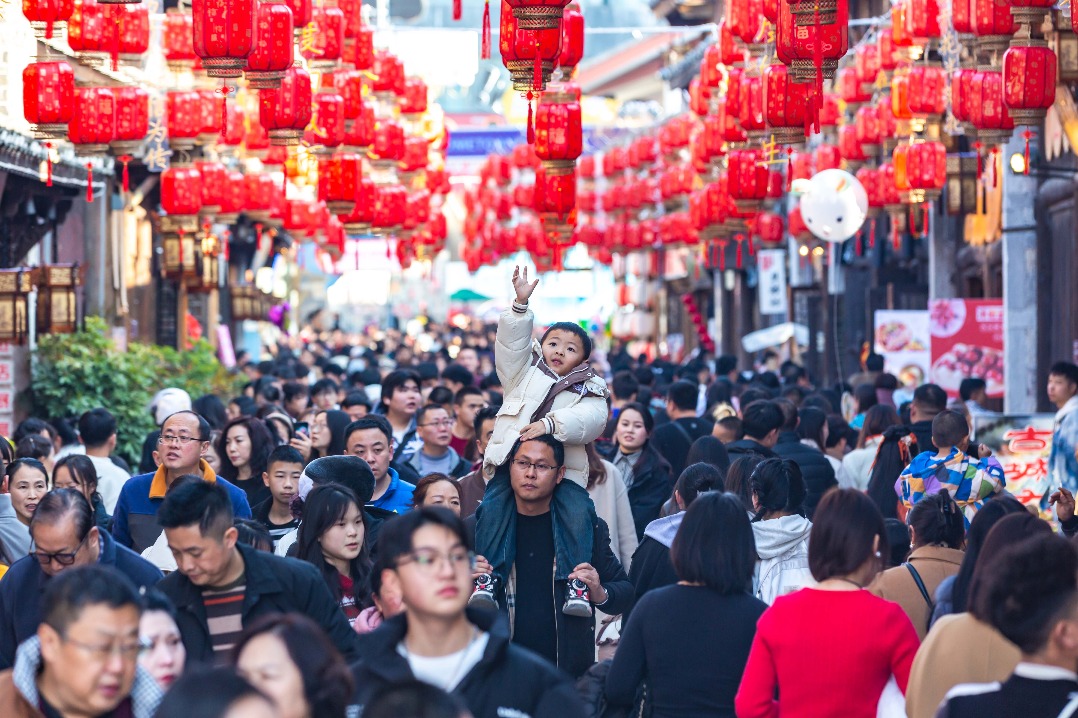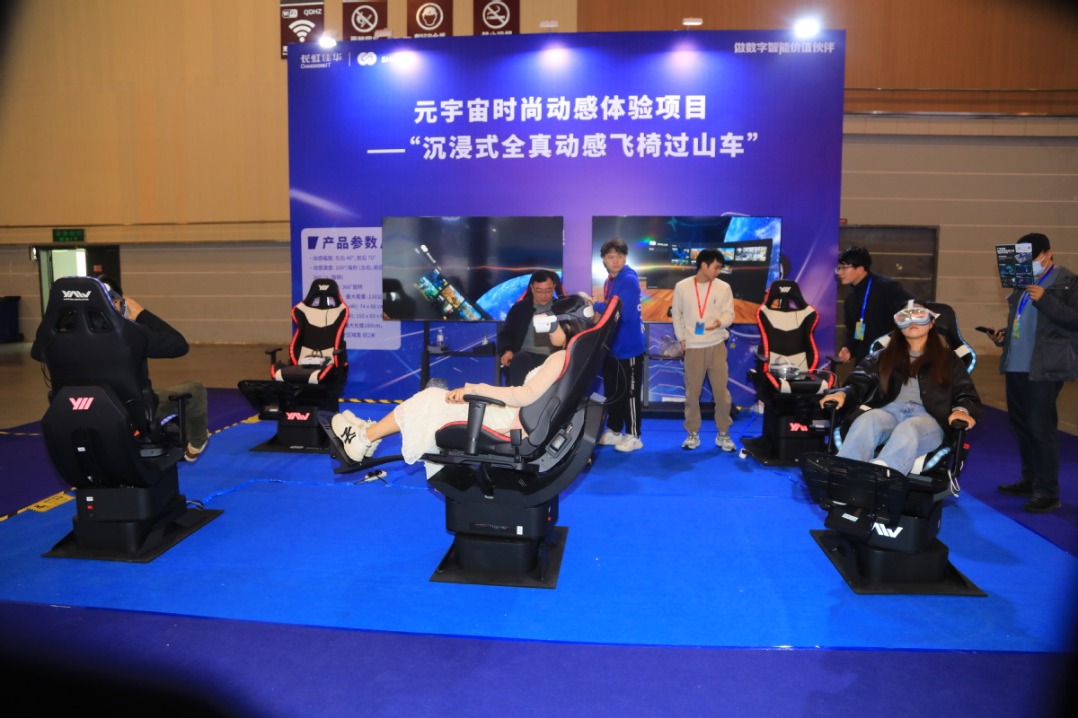Test of resolve

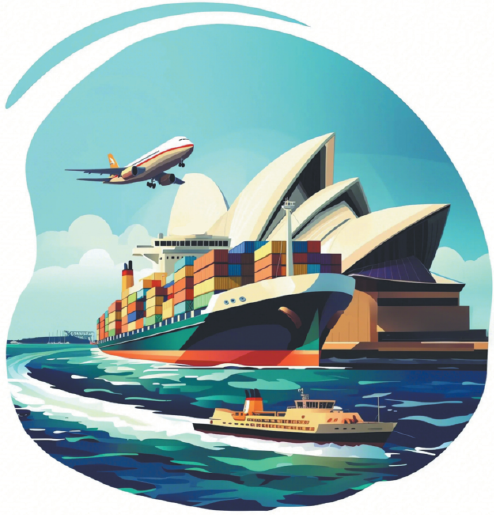
Australia can play an important role in de-escalating major-country competition in the region if it does not succumb to the "America First" pressure
Australia's continued ingratiation with the United States has led to the belief that Australia will be immune to the imposition of "America First "tariffs by the new Donald Trump administration, and that, in the broader context, this immunity will extend to the Australia-China trade relationship.
Evidence for this belief comes from Australia's previous success in evading tariffs during the first Trump administration. The assumption is that the same escape is possible. It means Australia is able to adopt a beggar-thy-neighbor approach that ignores the damage done to others as long as Australia suffers no ill-effects.
This time around, Trump, emboldened by second term success, wants to take back the Panama Canal, buy Greenland, end the Ukraine crisis and Israeli-Palestinian conflict with a handshake and deport thousands who have made their homes in America. The idea that Australia's history of compliance will protect it from direct US tariffs and sanctions impacts looks more tenuous with every new and outrageous statement of Trump's policy intentions.
The Australian attitudes and the Trump administration's approach to China impact on the Australia-China relationship in two ways.
The first impact falls directly on the trade relationship. Sanctions make it more difficult for Australian companies to do business with China. We see this already with the Australian rare earths' industry which was developed with Chinese investment and expertise. Australian companies with significant Chinese investment are locked out of US markets by sanctions, meaning they are unable to sell their offtake to the US.
Sanctions distort investment and capital allocation. In Australia this delivers additional barriers to an investment environment that is already weighted against Chinese investment. Unfortunately it works against the normalization of Australia-China trade relationships.
High tariffs distort the free flow of global trade by diverting sales to countries that do not have tariffs, so their markets are "overwhelmed" with products. While this is good for consumers, it can have an adverse impact on local industries. This feeds further tariff barriers and it can also be manipulated by political forces to heighten racist reactions.
The second impact comes from the way the "America First "policy is not just about trade relationships. Integral to this policy is the idea of US exceptionalism expressed as a military and political hegemony. The US sees itself as the leader of a world shaped in its own image. In this perspective, America always comes first and this flows through its military and defence policies, feeding and sustaining major country competition in the region.
Led by Deputy Prime Minister and Defence Minister Richard Marles, Australia has moved from cooperation with US defence forces to virtual integration with US defence forces and their command structure. Former prime minister Paul Keating and former foreign minister Bob Carr, among other leaders, have decried this surrender of sovereignty with US bombers and troops stationed in Australia.
They believe the integration has become so pronounced that Australia has lost its sovereign ability to make decisions about military engagements in the region and that Australia has become a de facto US garrison.
The commitment to the AUKUS trilateral security partnership among the US, the United Kingdom and Australia and its offensive submarine weaponry is further evidence of Australia's willingness to assist with aggressive US policy.
A continuation or acceleration of an aggressive approach under the new Trump administration to affairs in the South China Sea or the Taiwan region will see increased pressure from elements of the Australian government to endorse and follow this approach.
Trade and aggression are the two ends of the dilemma faced by Australia and which configure the Australia-China relationship. Trump's "America First" policy approach makes it more difficult to maintain the tenuous policy balance achieved by Australia in previous years.
China's Global Development Initiative and active participation in supporting regional forums offer the opportunity to Australia to extend cooperation and de-escalate major-country competition.
Australia's participation in Asia-Pacific Economic Cooperation mechanism, the Regional Comprehensive Economic Partnership, the Pacific Islands Forum, and as an Association of Southeast Asian Nations guest, provides the potential for Australia to regain its role as an independent mediator and facilitator. Australia likes to think that it already plays this role, but its subservience to the US and its willingness to uncritically accept US agendas have diminished its role in these regional forums. Regaining that level of influence is difficult, but not impossible.
It is not too late for Australia to play a significant role in de-escalating major-country competition in the region. However, it will require a change in the way Australia approaches the Australia-US relationship, because, under the new Trump administration, this will increase pressure on the Australia-China relationship.
Australia has to juggle its economic prosperity, which rests overwhelmingly on its trading relationship with China, with its increasing subservience to the US trade and military agenda, as illustrated by the outrageously expensive AUKUS submarine program. The brash aggression of the new Trump administration will test Australia's resolve on both fronts to a greater extent than previous US administrations.
On balance, a history of ingratiation with US policy objectives, often in defiance of international law, suggests that Australia will find it more difficult to assist in de-escalating major-country competition. It will take courage and goodwill for Australia to further Australia-China cooperation against escalated major-country competition in the era of the new Trump administration. China will need to continue with the heavy lifting of genuine cooperation, not just with Australia, but with the region.
The author is an international financial technical analysis expert and a former national board member of the Australia China Business Council. The author contributed this article to China Watch, a think tank powered by China Daily.
The views do not necessarily reflect those of China Daily.
Contact the editor at editor@chinawatch.cn.



















